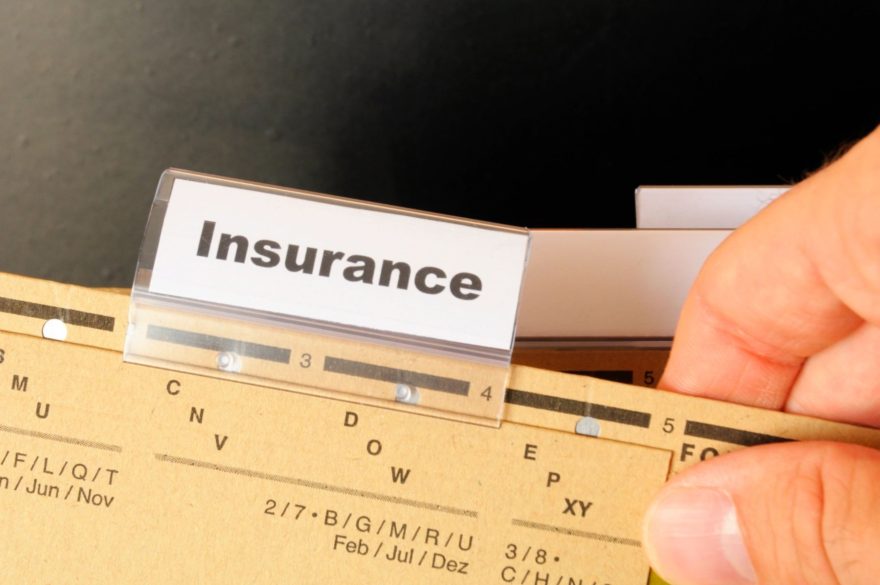Life insurance is not something many people think of when it comes to estate planning. Let’s face it, it’s a boring product that people tend to think of when they are getting a mortgage! However, you may not realize that top professionals in estate planning work along with insurance pros to use life insurance as part of a strong estate plan. Life insurance is like a Swiss knife and has many different uses. This article will look at all the cool ways life insurance can complete your estate plan.
Immediate Funding
Life Insurance proceeds are received much faster than any other investment vehicle you need to liquidate. That is why you can use life insurance right away to pay for mortgage payments, funeral expenses, final medical bills, administration fees and any other debts without having to liquidate any other assets in a rush below market value. In the event that an individual doesn’t have an estate, life insurance will fill that gap as well by providing a large cash benefit. With a simple death certificate and a claim form, you can receive a lump sum from an insurance carrier pretty quickly!
Leveraging Your Money
There is no better way to leverage your money in a short term than a life insurance policy. For pennies on the dollar, you can leave behind a large sum regardless of your age. It is quite common for older individuals to secure a permanent life insurance policy by paying a one-time premium for a paid up policy. For instance, if you got a $500,000 life insurance policy paid up with $200,000 single payment you just created an additional $300,000 on the spot.
Pay for estate taxes
Life insurance can also be a great tool for taking care of estate taxes. This would only apply if your total estate is worth over 5.45 million based on 2016 tax exemption. It is quite common to assign your life insurance proceeds to an irrevocable trust so your heirs can use it to pay the state taxes and any other fees without having to liquidate assets or borrow funds.
Supplement Retirement Income
You may not know that besides 401(k) and Roth IRA, a cash value life insurance plan can also be as an investment vehicle with tax benefits. Since the investment is within a life insurance policy your accumulated interest is not taxed and you can take the money out of your policy at retirement via loans without taxation.
Structuring Life Insurance in the Estate Plan
When using life insurance as part of your estate planning it is important to use an Irrevocable Life Insurance Trust to ensure that the life insurance death benefit doesn’t become part of the estate. It also can be a great way if you want to leave part of your estate to charity with an idea of getting reimbursement.
What’s the best product?
When it comes to life insurance there are many different types of life insurance options you can get. The best plan is going to be a permanent policy since you don’t want to gamble by potentially outliving a term insurance plan. The type of permanent protection, however, depends on what you’re focused on but in most cases, a permanent plan with a focus on pure protection will do well. For example, the most affordable plan with no lapse guarantee is known as Guaranteed Universal Life and is a lot better than a whole life insurance plan.
As you can see life insurance is a must for successful estate planning because it can create additional wealth, payoff estate taxes, be part of retirement income plan and cover any final expenses. Be sure to work with an experienced legal and insurance professionals that specialize in estate planning because attention to detail is crucial.

